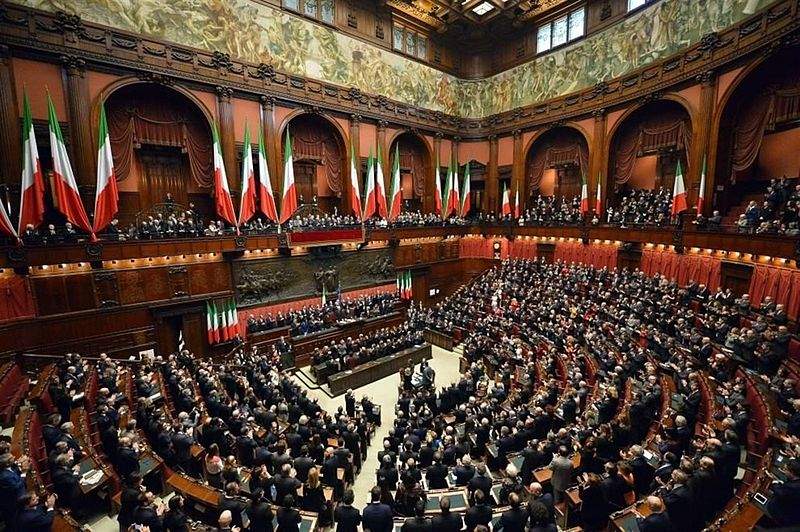Aparliamentary question by the Honorable Walter Tocci of the PD was submitted on October 3 regarding the reform of cultural heritage, which we have often talked about on these pages, and which involved the amalgamation of superintendencies, the creation of autonomous museums, the appointment of new directors and much more.
In the question, addressed to the Minister of Cultural Heritage Dario Franceschini, several paradoxical situations are noted, considering also that “the reorganization of the system of superintendencies on the national territory causes in several cases effects opposite to those intended by the normative intervention,” that the separation of museums and superintendencies has caused “the lack of the minimum number of skills that are necessary to carry out the fulfillments of the law,” as well as difficulties logistics and management, and that the very fragmentation of competencies “often belies the promise of the holistic principle and indeed makes the integrated management of cultural systems with a strong unitary character impossible.”
Tocci notes, for example, that in Rome the Forums and the Colosseum are part of a new superintendency in its own stand-alone and therefore unconnected to the capital’s other archaeological sites such as the Appian Way archaeological park, or that in Sardinia, with the separation of the superintendency from the museums, the former have lost the headquarters in which they operated and employees have been divided among different offices, and again in Campania the unions between superintendencies have “often followed irrational criteria and in any case not founded on the cultural and territorial level,” or the new superintendency of Mantua, Cremona and Lodi “has inherited neither physical locations, nor administrative structure of previous institutes, and has adequate personnel to ensure its operation.” Then the case of Aquileia in Friuli-Venezia Giulia, where Aquileia’s assets have been entrusted to three different and independent entities (national archaeological museum, early Christian museum and archaeological areas), is incredible.
He therefore asks the minister whether he does not consider it appropriate “to submit to Parliament a detailed report on the status of implementation of the reorganization of the superintendencies of archaeology, fine arts and landscape,” whether he believes the identified efficiency goals have been achieved, what program it intends to follow in order to apply the rules according to consistent personnel management frameworks, and how to solve the problem of the protection of the Colosseum and the Forums, “since the Council of State’s ruling made it clear that the current director of the archaeological park only sporadically performs this very delicate function,” and that of the Appian Way archaeological park separated from the superintendency of Rome.
Image: the Chamber of Deputies. Ph. Credit
 |
| The paradoxes of cultural heritage reform in a parliamentary question |
Warning: the translation into English of the original Italian article was created using automatic tools. We undertake to review all articles, but we do not guarantee the total absence of inaccuracies in the translation due to the program. You can find the original by clicking on the ITA button. If you find any mistake,please contact us.